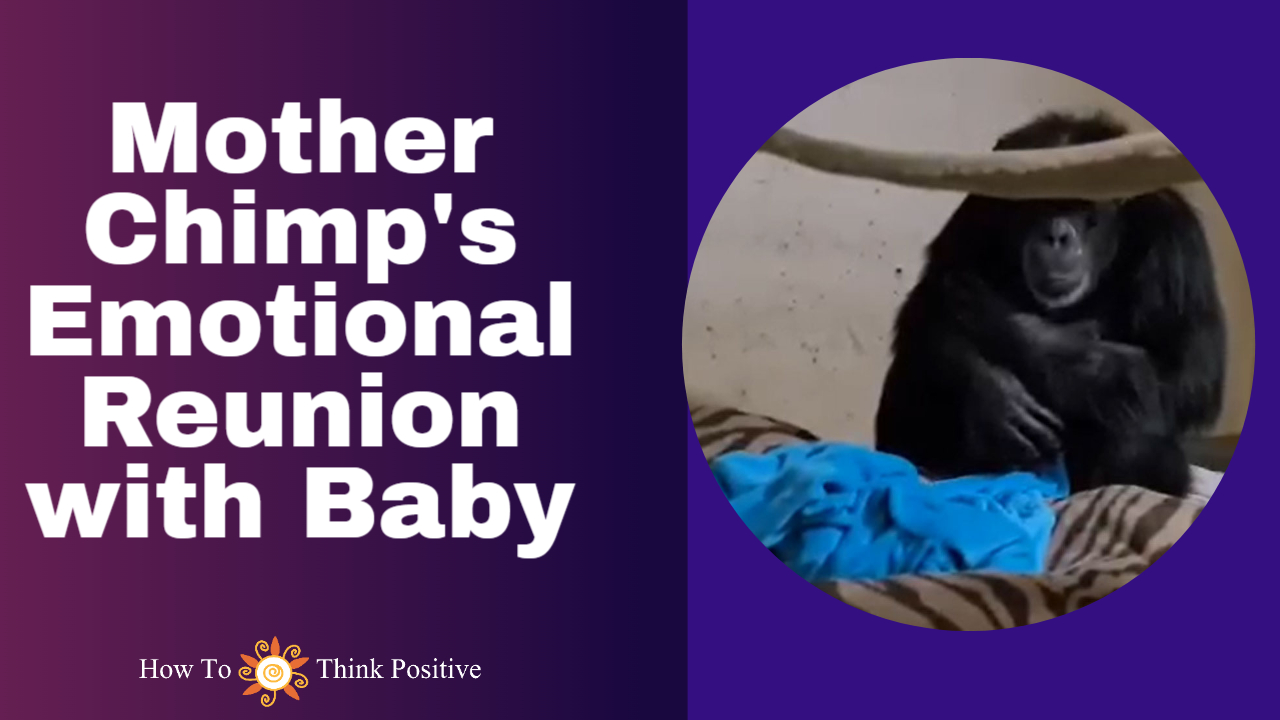This body-mind connection stuff is usually associated with the esoteric realm of thought, but there is a highly chemical component that explains it very well. Bruce Liptom has spent a great deal of his life studying cells and its effect in the human body.
This post contains Amazon affiliate links, meaning I may earn a small commission if you purchase through my links, at no extra cost to you. Note: We aim to provide accurate product links, but some may occasionally expire or become unavailable. If this happens, please search directly on Amazon for the product or a suitable alternative.
There is a slew of chemical reactions happening in the backgeound within our bodies every single time we have a negative or positive emotion.
But there is more:
So, What’s That Got to Do with the Mind-Body Connection?
Naturally, we think of nutrition and the substances we ingest as having an effect on our cells. However, emotions have a powerful physical effect on our cells as well. Every thought is a neural connection that triggers a chemical response. These chemicals form the cells’ environment. Stress chemicals are toxic. And since cells move away from toxins, they stop growing in this environment. Endorphins and other “feel good” chemicals allow for growth since they balance the body chemistry and form an environment that is nutritional.
When you feel any kind of negative emotion, your body and brain produce stress hormones. These directly affect the cells of your body. Now, when this is temporary, it has no long-lasting detrimental effect. Once you are back to feeling good again, the “feel good” chemicals produced will dilute the stress chemicals, and the cells will then naturally switch behavior from retreat and defense, to growth and health.
However, the problem comes when you remain in a negative emotional state. Worry, anger, resentment, fear, anxiety, and other negative states keep those stress chemicals flooding your blood stream. This means that your cells are in a constant state of defense and retreat instead of growth. During this time, new cells are not being produced – which means repairs (healing) are suspended. It also means that your cells are not receiving the nutrition they need. As Bruce Lipton points out, they cannot be in growth and retreat at the same time. They cannot move forward and backwards at the same time. They cannot be closing themselves off, protecting themselves from the toxic stress chemicals, and taking in nutrition at the same time. This is where illness, injury and delayed recovery come in.
Turnover
We have a very high turnover rate – much higher than you may imagine. Every day, hundreds of thousands of our 50 trillion cells die. And they are replaced by new cells – if we are healthy. But if you consider the fact that cells shut down in defense when their environment is toxic, forgoing nutrition and growth – and stress chemicals are toxic – it’s clear that those hundreds of thousands of dead cells are not going to be replaced as efficiently as is needed to maintain health and vitality.
The Role of Perception
As Bruce Lipton explains in his presentation Mind over Matter, perception controls biology. The reason is: as we perceive something, the brain automatically triggers the body to respond. The response is a chemical reaction, which causes sensations we recognize as emotions, feelings and impulses. The brain is responding not to what is there, but what it perceives.
An Example:
For some people, being interrupted while they’re speaking is perceived as an act of disrespect. They perceive the interrupter’s behavior as rude. Why? Because they have data (memories) stored in the subconscious from previous life experiences that “proves” it’s rude. They learned through their own early experiences, that interrupting someone is rude. So, when someone interrupts them, their subconscious refers to this data and registers that they are being disrespected. It then prompts the brain to trigger the organs to produce matching chemicals. These chemicals cause the sensations that the conscious mind recognizes as feelings of being disrespected. And the person reacts accordingly.
There are other people who don’t perceive being interrupted as being disrespected. To some, interrupting is just part of an engaging conversation. In their case, when they are interrupted, the subconscious refers to the memories, and does not see the interruption as a threat. Therefore, it does not prompt the brain to trigger the organs to produce those stress chemicals.
Same event; same interruption. Completely different responses. Based on perception.
Source: Faster EFT









